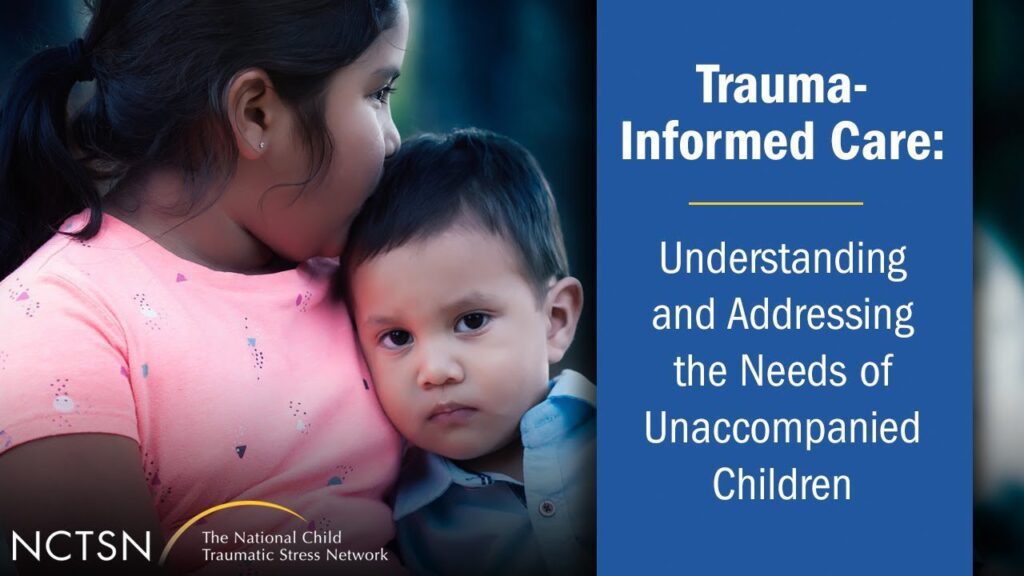This webinar series covers the impact of trauma on children during all phases of their migration journey. The series features diverse expertise from the fields of refugee and migrant health, cultural studies, mental health, early childhood development, childhood traumatic stress, trauma-informed systems of care, and secondary traumatic stress.
Webinars include:
Culture, Development, Trauma, and Socio-Cultural Responsive Interventions with Youth Ages 7 and Older
Developed by Javier Rosado, PhD, Susana Rivera PhD, and Luis Flores, MA, this webinar defined traumatic separation and grief and outlines the developmental impacts on youth. Additionally, participants learned how to be responsive to the cultural and linguistic needs of youth. Participants learned children’s common fears and perceived threats to safety experienced by youth exposed to traumatic events as well as culturally responsive strategies for staff to use when working with youth.
Attachment, Development, Trauma, and Socio-Cultural Responsive Interventions for Young Children
This webinar, developed by Marta Casas LMHC, MEd, Carmen Rosa Noroña LCSW, MSEd and Marcy Safyer, PhD MSW, provided a basic overview of the intersection of early childhood development (0-5), attachment and trauma in young migrant children. Presenters discuss trauma and socio-cultural interventions and engage the audience in reflections about best practices and practice-change with this population.
Secondary Traumatic Stress: Understanding the Impact of Trauma Work on Professionals
Developed by Raven Cuellar, PhD, Carmen Rosa Noroña, LCSW, Ms. Ed., Ginny Sprang, PhD, and Savina Treves, MA, LPC this webinar defined Secondary Traumatic Stress (STS), described how the sociocultural context and the experience of migration may impact the experience of STS, and outlined specific strategies to strengthen protective factors to prevent, identify, and address STS in the workplace. Through case examples, participants learned who is at risk, organizational and individual factors related to STS, and how to approach support staff wellness.







